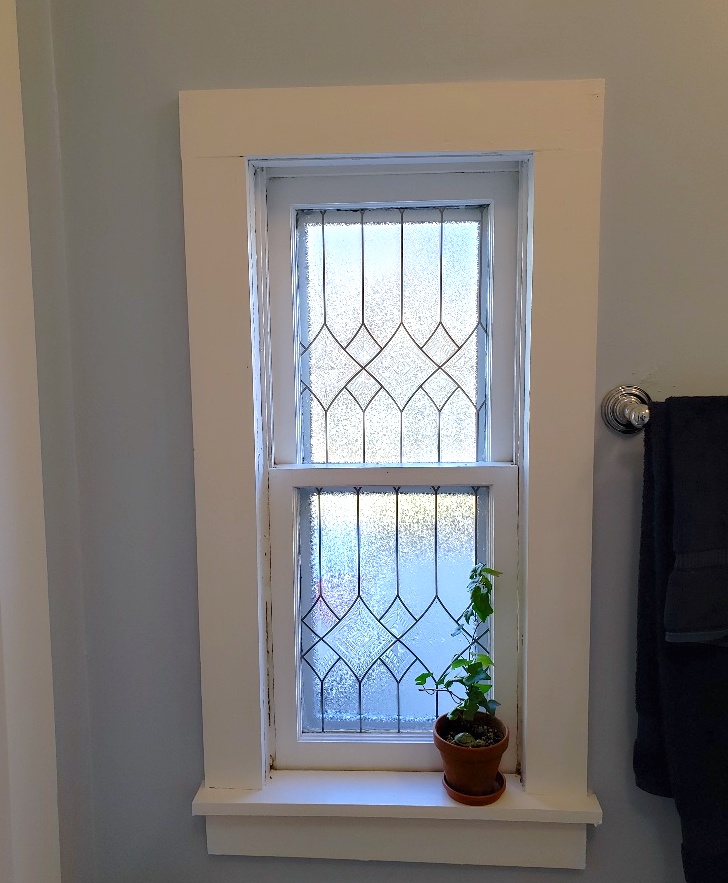I always recommend having a complete home inspection when buying or selling a house. I believe it protects the buyers and the sellers. Here are a few little things

homeowners can do to get the house ready for an inspection that can make a big difference.
- Remove the old parts the contractor left by the furnace or water heater. Extra worn-out parts may be misinterpreted.
- Make sure every light fixture in the house has a working light bulb in it. Inspectors may suggest a fixture isn’t working if the bulb is burned out.
- If I had a fuse box I would remove any old and all-new extra fuses and put them away.
- Clean the surfaces of the water heater and furnace.
- Make sure all screens are on the windows.
- Make sure all windows open and close.
- Check under every sink and remove any buckets under sinks so that inspectors do not assume a past or present leak. If the bucket is indeed catching leaking water leave the bucket in place and make sure the leak is noted on the seller’s disclosure.
- Make sure all electrical outlets and light switches have covers. If they don’t buy some and install them.
- If extension cords are being used due to lack of outlets disconnect and remove the extension cords.
Home inspectors are not licensed or really regulated in Minnesota. Sometimes they overstep their area of expertise. I have had inspectors state that heating plants need to be replaced when they just needed a repair. I have had inspectors suggest that all of the windows in a house should be replaced. If the buyer makes such a request it is best for that buyer to buy new construction and to find another buyer.
The houses in St. Paul are old and most have old windows. Newer windows are not always better than older windows either.
Real estate agents and inspectors have all sorts of ideas about what will or will not pass an FHA inspection/appraisal. They are wrong most of the time. Peeling paint is usually an issue but circuit breakers and old windows are not. Read up on FHA guidelines.
